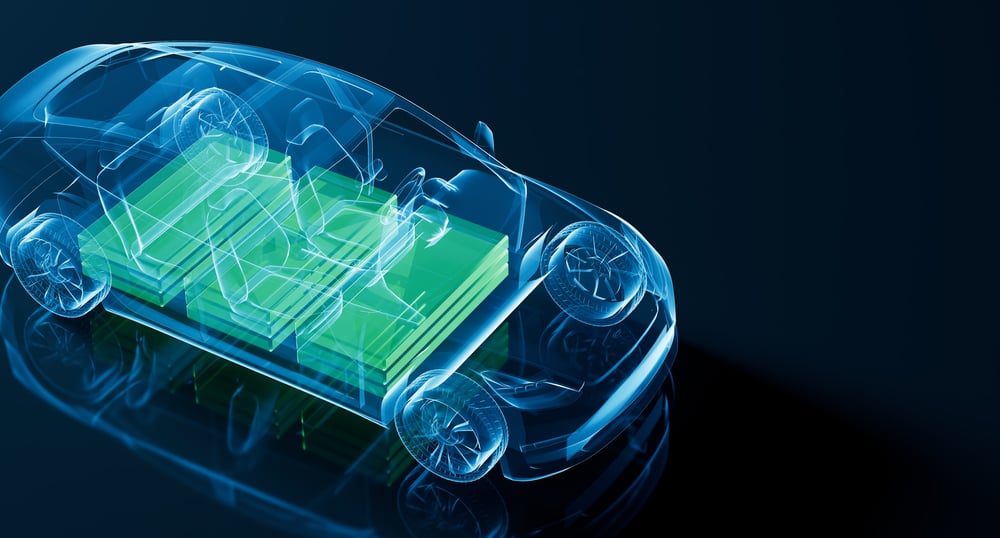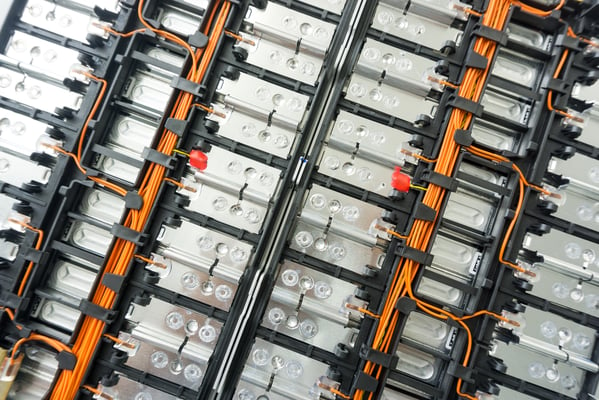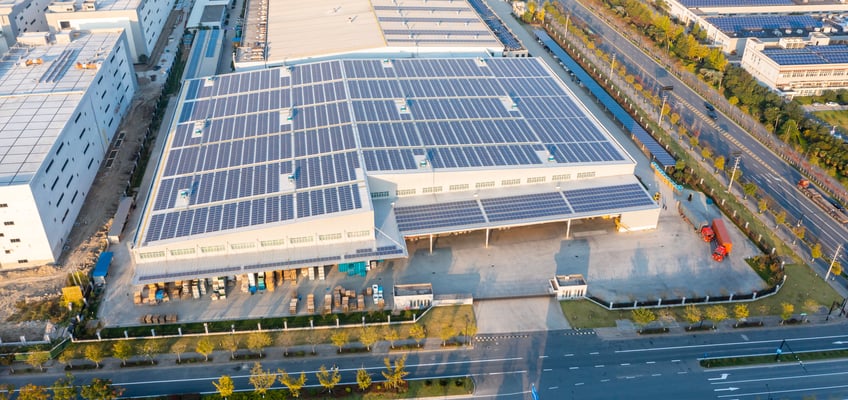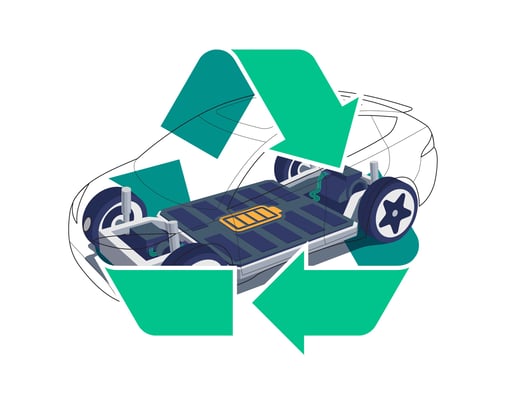
Safety first: what you need to know about Second Life batteries and their reliability
Incidents related to the use of larger Lithium-ion batteries have raised concerns about the safety and reliability of Second Life battery solutions. While concerns about hazards from thermal runaway are fair and most definitely to be taken seriously, the risk is also largely overstated by the sceptics.
Much like electricity from power sockets and the grid, batteries must be used with caution. Whether it’s a household AA battery, a small Lithium-ion battery found in mobile phones, or a large EV battery, improper storage, use and disposal is dangerous, and can cause fires, chemical leaks or even explosions. However, when handled properly and used within their intended parameters, batteries carry little risk and are safe to use. The same applies when repurposing batteries from EVs for use in Second Life battery solutions.
Ensuring safety when repurposing EV batteries
Admittedly, regulations on the use of second-life batteries are largely still in the emerging stages. While the EU Batteries Regulation contains some requirements that help ensure safety, countries like the UK are still working on establishing their own regulations. Germany, where ECO STOR operates, has already established their own rigorous safety regulations for Lithium-ion batteries, which are highly relevant for second-life batteries and their use in BESS (battery energy storage system). In cases where no official regulations provide direction, we consider it our own responsibility to set and maintain high standards for how batteries are tested and monitored before we use them in second-life solutions.
The batteries used in EVs are made in compliance with strict safety standards, and are made to be reliable, robust and able to withstand harsh environments. It’s these safety standards that dictate that EV batteries must be replaced well before the end of their lifespan. When replaced, these batteries still have several years of life left - a second life - where they can still be used safely for other purposes, creating the very foundation of our business here at ECO STOR.
Danger comes from misuse and bad practice
Sceptics of Lithium-ion battery technology hold the view that the safety of Lithium-ion cells cannot be guaranteed, often pointing to the incident in Surprise, Arizona in 2012, or individual cases of fires in EVs as evidence that the tech is volatile and unsafe.
Although these examples are valid, it bears mentioning that the chemistry of lithium-ion cells is considered safe, unless the battery is subjected to abuse such as excessive heat, damage or overcharging. In the case of the Arizona incident, the main cause is widely believed to be poor ventilation resulting in overheating. Notably, this incident directly influenced the German standard mentioned previously, among others. In the cases of EV fires, most incidents occur as a result of physical damage to the battery or overcharging and charger-related causes.
Understanding the risks involved with lithium-ion batteries is key to mitigating it. Mass adoption of EVs may be a fairly recent occurrence, but the battery technology they are dependent on has existed considerably longer, and by now we are quite familiar with it and the precautions we must take in its use. As our knowledge grows and more regulations are established, safety measures for lithium-ion batteries will only grow even more robust
ECO STOR is a provider dedicated to safety
At ECO STOR, we take the risks involved with lithium-ion batteries seriously. In accordance with regulations and our own high standards, we have put stringent rules in place to ensure our BESS systems are safe to use. Each individual battery is tested extensively, including the inverters and other systems around the battery to ensure every unit meets our safety standards. If there are any doubts about the safety of the continued use of a battery or any of its external systems, the unit is immediately decommissioned.
When deployed, our BESS units are designed to make replacement of individual batteries easy. When any of the batteries in a unit approaches their end-of-life, they can be safely extracted and replaced by new second-life batteries. The decommissioned battery is then submitted for recycling.
We firmly believe that BESS is the key to making renewable energy sources as reliable as they need to be to meet our future energy needs. Additionally, we think making use of Second Life batteries is an important step in supporting a circular economy, and the health of our planet. To ensure Second Life BESS solutions are seen as trustworthy and viable, safety is of the utmost importance. Consequently, we see high safety standards as central to the success of not only our business, but the shift towards green energy as a whole.




